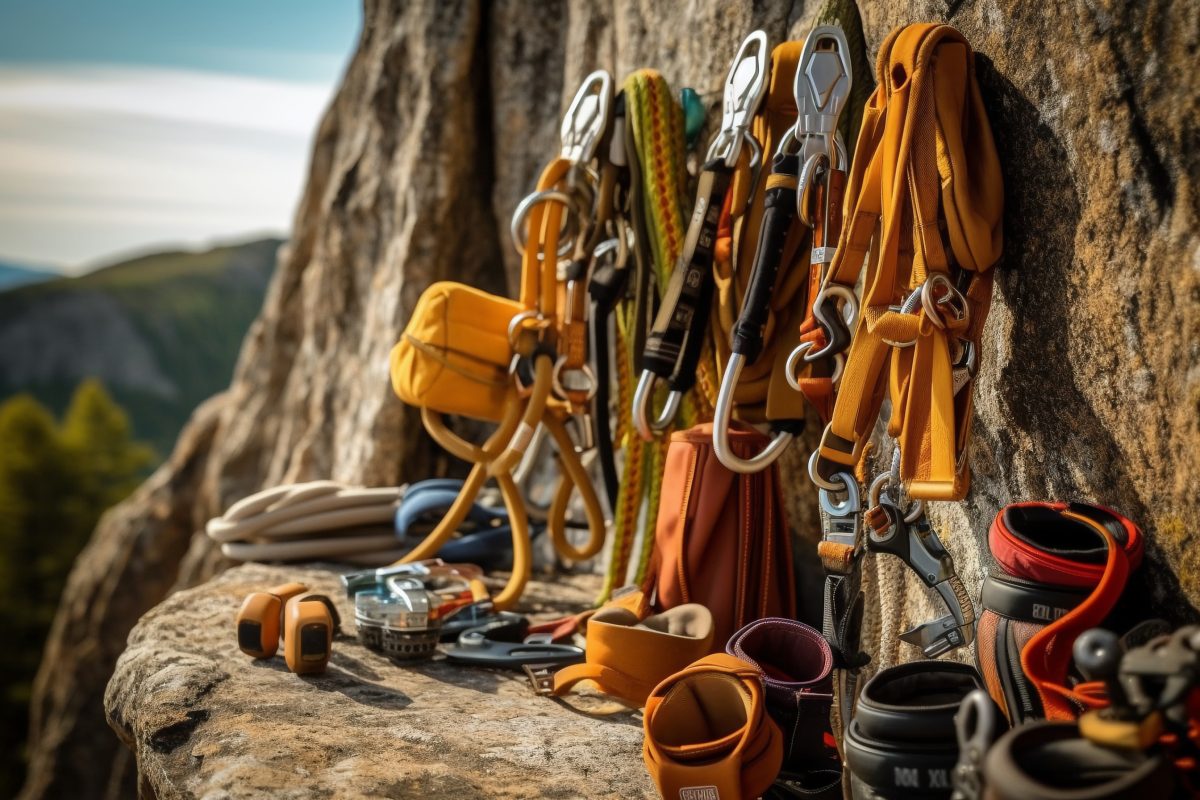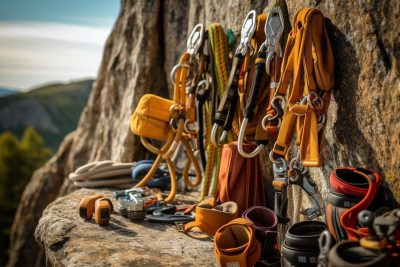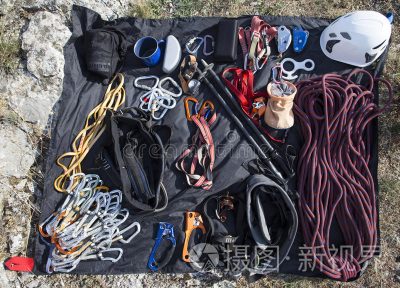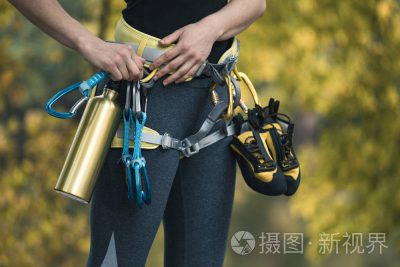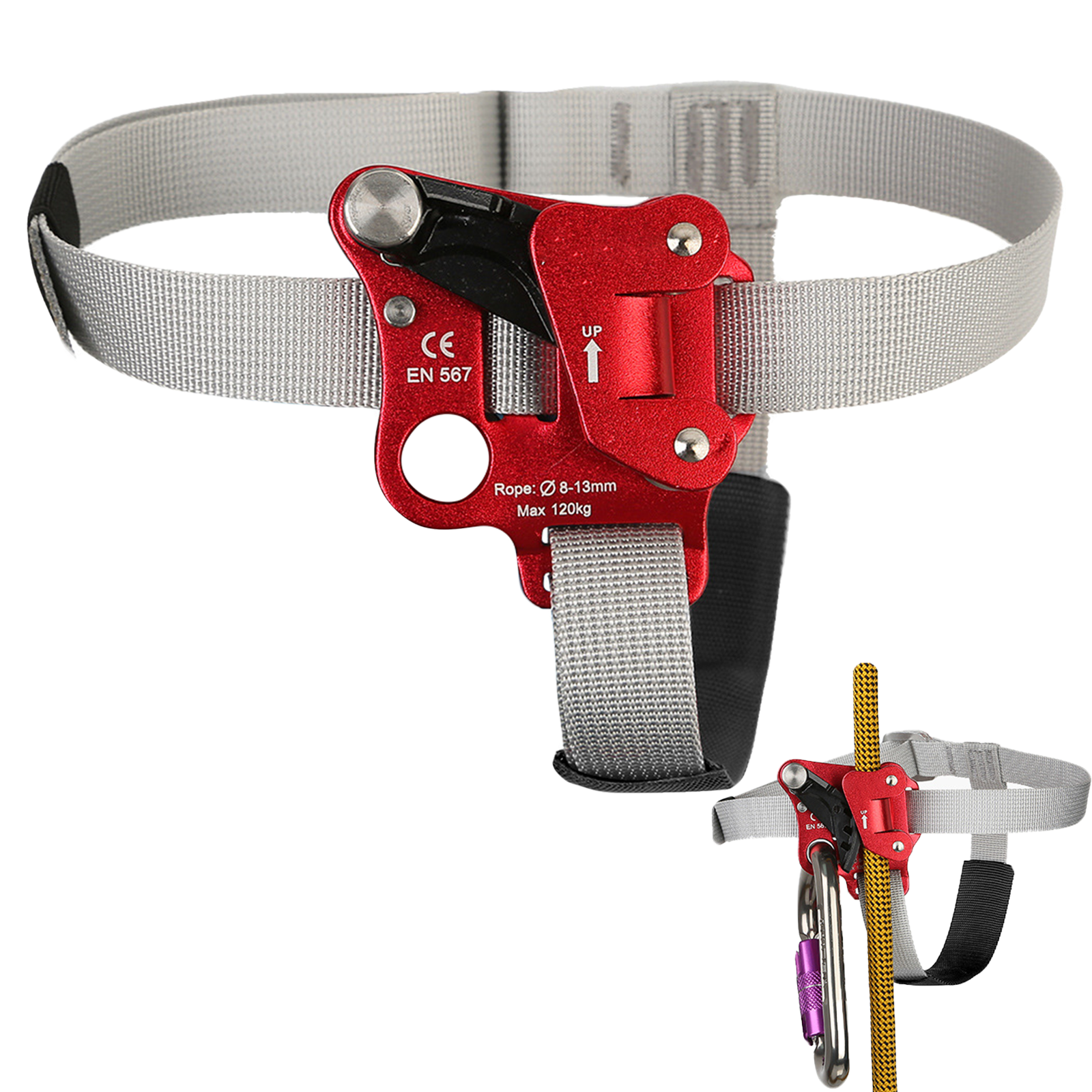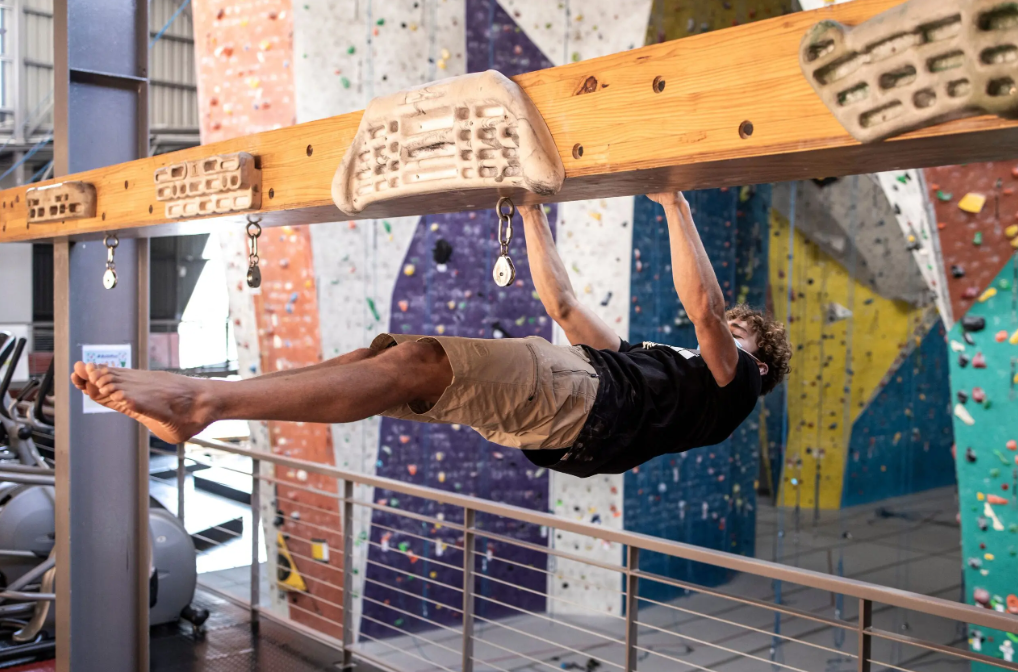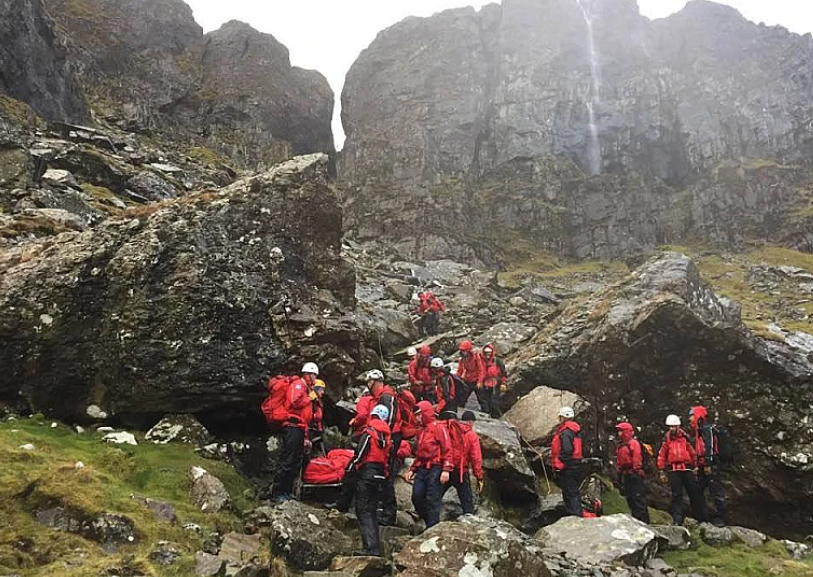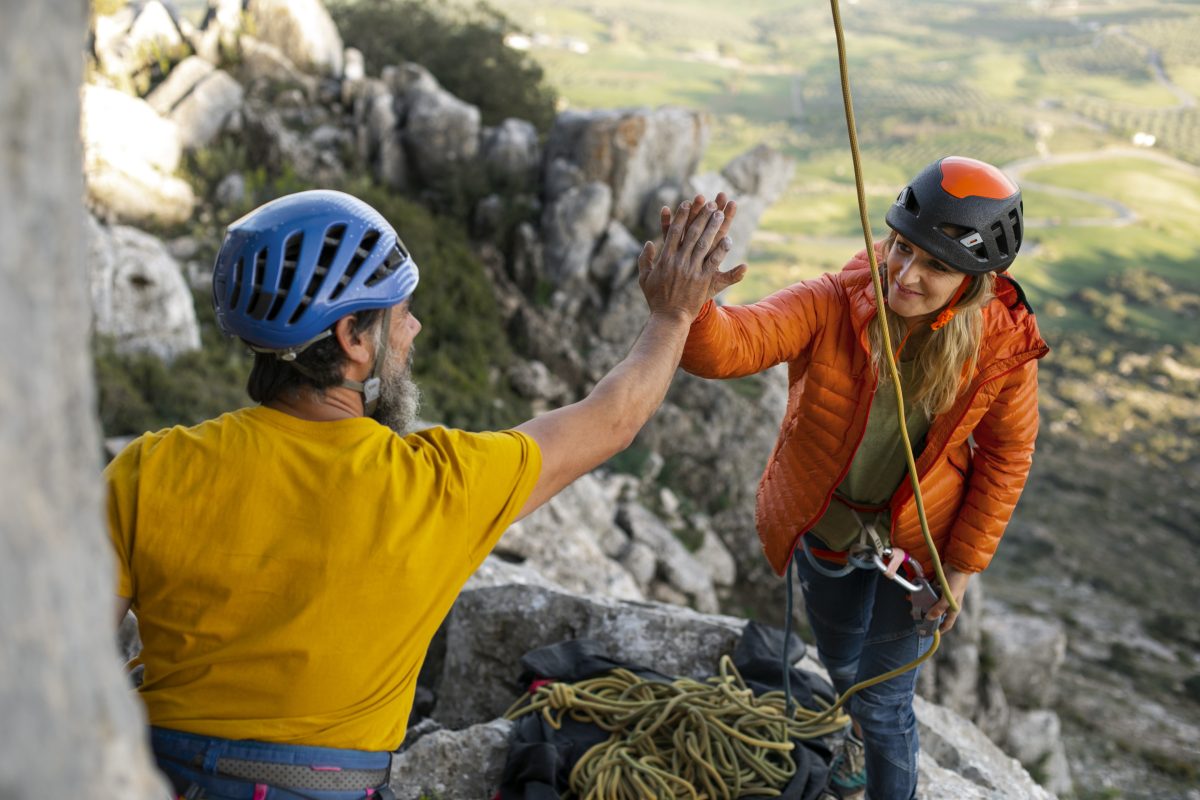Why Does Rock Climbing Improve Mental Health?
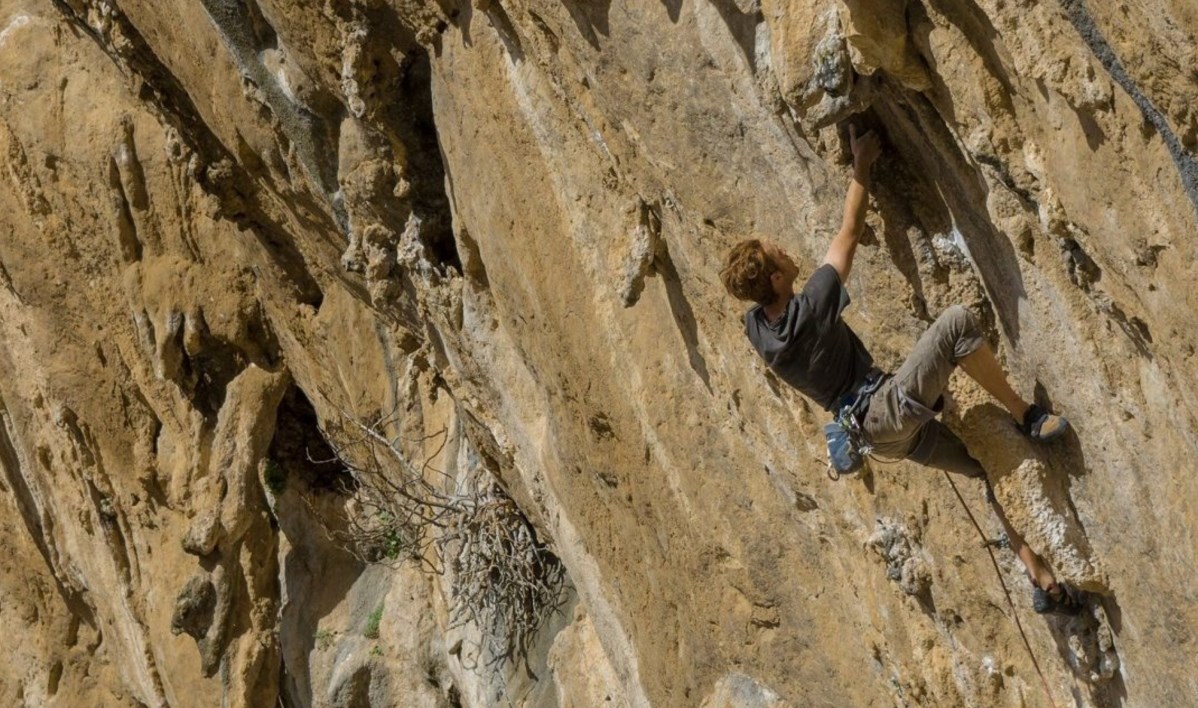
Introduction
In recent years, the number of indoor bouldering and sport climbing gyms has increased significantly worldwide, making rock climbing more accessible as a regular hobby. Data indicates that the popularity of climbing grew by ten percentage points between 1999 and 2009 and is projected to increase by another 50% by 2050.
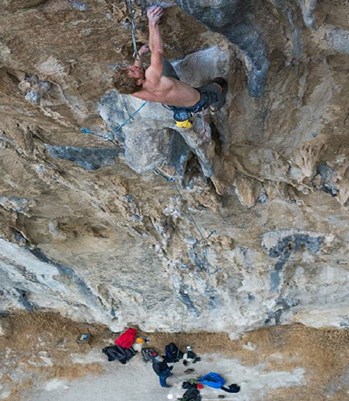
Indoor climbing gyms not only provide a venue for exercise but also represent a highly social environment. Although physical activity is generally considered beneficial for socialization, rock climbing offers unique advantages in this regard. Heo et al. note that social integration has positive effects on adults, including enhanced well-being and reduced depression, often stemming from identity formation, expansion of social networks, and a sense of group accomplishment. Rock climbing likely promotes social bonds among participants through similar mechanisms.
Multiple studies support the psychological benefits of physical exercise. Gallotta et al. found that climbing interventions significantly reduced anxiety levels and proposed the “distraction hypothesis” – physical exercise can divert an individual’s attention away from stressors, thereby alleviating psychological distress.
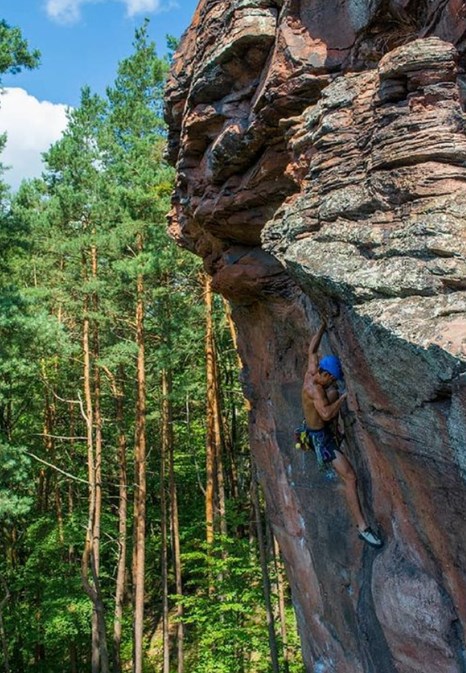
Furthermore, the sense of accomplishment derived from climbing has been confirmed to enhance positive emotions, aligning with Frederickson’s “broaden-and-build theory.” This theory posits that positive emotions can continually promote psychological well-being. Therefore, regular participation in climbing may lead to long-term improvements in well-being through this mechanism.
The “green exercise” theory further supports the benefits of outdoor climbing. Research shows that physical activity conducted in natural environments significantly enhances mental health more effectively than exercise in urban settings. For instance, both nature therapy and ecotherapy emphasize the importance of contact with nature for alleviating depression and anxiety. Park et al. found that participants in forest environments reported higher levels of positive emotion and lower levels of anxiety.
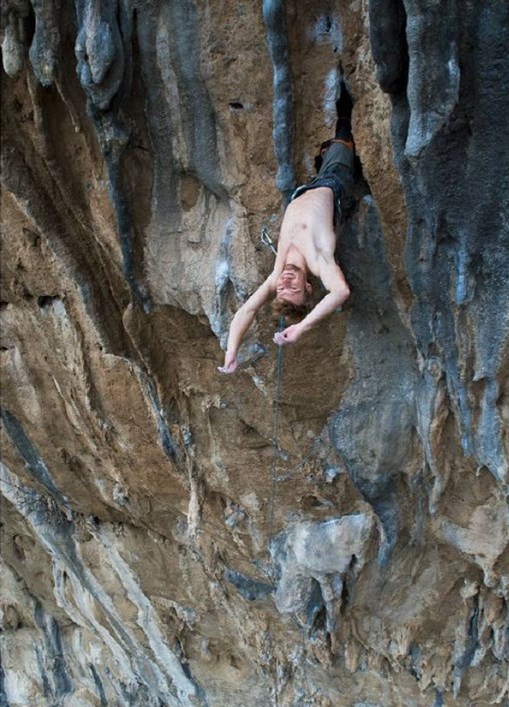
In recent years, climbing and bouldering have been incorporated into clinical psychological therapy practices. “Bouldering Psychotherapy (BPT),” developed by Karg et al., combines psychological intervention with climbing activities. Results indicate that this approach can enhance an individual’s motivation, self-esteem, and sense of accomplishment, demonstrating positive effects particularly for patients with depression.
Research Aim
This study aims to explore in-depth the personal experiences of rock climbers and analyze their perceived impact on psychological well-being.
Method
Participants
The sample consisted of 6 male Caucasian climbers, aged between 18 and 24 years. All were members of the MUMC and regularly participated in both indoor and outdoor climbing activities.
Ethical Considerations
The study adhered to the British Psychological Society’s Code of Conduct and Ethical Guidelines and received approval from the Psychology Department’s Research Ethics Committee (via the EthOS system).
Materials
A semi-structured interview schedule was used, covering aspects such as climbing experience, psychological and physical benefits, and social interactions.
Procedure
Prior to the interview, participants were provided with a Participant Information Sheet (PIS), an informed consent form, and a protocol agreement. Upon agreement, the consent form was signed.
Data analysis employed thematic analysis as proposed by Braun & Clarke to identify and categorize common patterns within the interview data.
Results
Through thematic analysis, the following four themes were identified:
1. The Social Nature of Climbing Benefits Mental Health
Participants generally believed that climbing provides social opportunities, helping to alleviate loneliness and improve mood. Indoor climbing gyms, in particular, facilitated the formation of new friendships.
Participant E: “Climbing is a social sport… you meet a lot of people, you can chat happily, cooperate, which is very beneficial for someone feeling lonely.”
Encouragement and support among climbers also fostered positive emotions, enhancing a sense of group belonging and shared accomplishment.
Participant F: “When a friend completes a difficult route, you feel happy for them; this collective satisfaction is joyful.”
2. The Problem-Solving Process Promotes a Positive Psychological State
Climbing requires high levels of concentration and strategic thinking, effectively diverting attention from negative emotions. Successfully solving a problem or completing a route brings a sense of accomplishment, boosting self-efficacy.
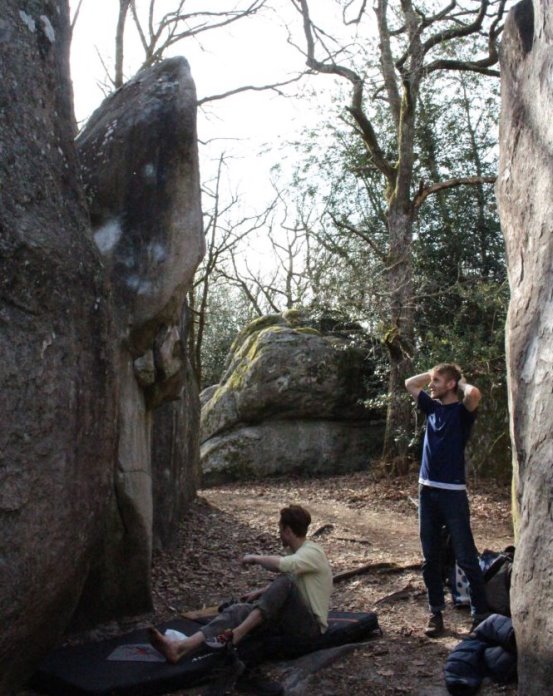
Participant A: “When you’re climbing, you are completely immersed in it; negative thoughts disappear.”
Participant C: “The satisfaction after achieving a goal makes you feel like you are constantly improving.”
3. Physical Health Enhances Psychological State
As a high-intensity exercise, climbing promotes the release of endorphins, improving mood. Maintaining physical activity also enhanced overall well-being and self-esteem.
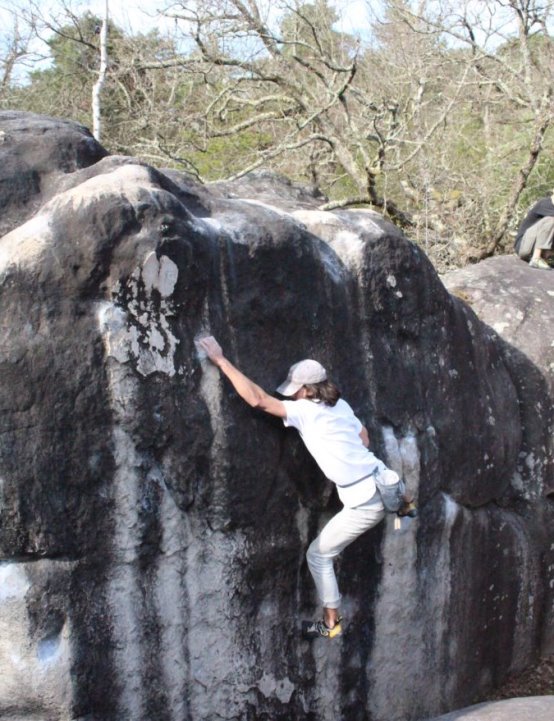
Participant C: “Exercise makes you healthier and also happier.”
Participant D: “When your body feels good, your mental state is more positive too.”
4. The Natural Environment Amplifies Psychological Benefits
Outdoor climbing provides an opportunity to escape the city and connect with nature. Participants generally reported feeling psychologically relaxed and joyful. The natural environment also added an element of adventure, increasing motivation and satisfaction.
Participant F: “Climbing in nature makes me feel calm and happy.”
Participant D: “Outdoor climbing makes me calmer and more satisfied with life.”
Discussion
The findings of this study indicate that rock climbing improves mental health through the following mechanisms:
Social Interaction: The social environment of climbing gyms, group encouragement, and sense of identity align with the social integration theory proposed by Heo et al.
Cognitive Distraction and Sense of Accomplishment: Supports the “distraction hypothesis” and corresponds with the view proposed by Tuson & Sinyor that achievement enhances mood.
Physical Health and Self-Esteem: Consistent with the research by Karg et al., climbing contributes to improved body image and self-worth.
Nature Contact: Supports the “green exercise” and ecotherapy theories, indicating that the outdoor environment significantly enhances psychological restoration.
These findings provide empirical support for incorporating rock climbing into mental health interventions, such as nature therapy and ecotherapy.
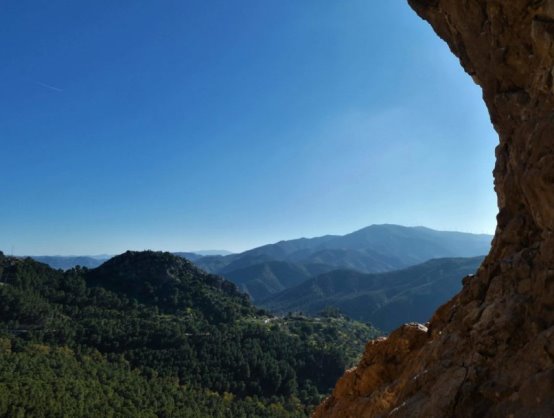
Conclusion
This study confirms that rock climbing positively impacts mental health through multidimensional mechanisms involving social, cognitive, physical, and nature contact factors.
The results highlight the value of rock climbing as a potential adjunct therapy, suggesting its consideration for inclusion in mental health promotion plans within clinical practice.






